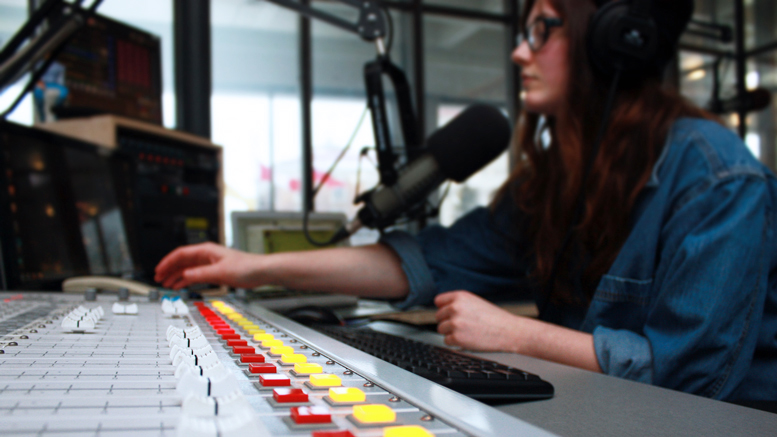Two campus groups have received approval from University of Manitoba’s Student Union (UMSU) to hold a referendum on hiking their student fees as part of this year’s UMSU general election.
Both the University of Manitoba campus radio station, 101.5 UMFM, and the U of M branch of the World University Services of Canada (WUSC) proposed motions for referenda to UMSU council on Jan. 28. Both motions passed UMSU council, meaning the organizations will ask the student body for approval to implement fee hikes to make up for the loss of funding that has come through not having their fees tied to the rate of inflation and to pay for expanded programming.
UMFM and WUSC are asking for fee hikes of $1.50 and $2.50, respectively. The submitted motions state that the funding increase for UMFM will be used for “critical infrastructure,” while WUSC plans to funnel its extra funds into support for sponsoring student refugees. Should the referenda pass, the fee hikes would be implemented as of the fall 2016 academic term.
If passed, the UMFM referendum will result in UMSU recommending the university’s board of governors elevate the fee to $4 per semester, and for the fee rate to be fixed to the Manitoba Consumer Price Index.
Station manager Jared McKetiak told the Manitoban that the fee increase is necessary because funding for UMFM has been stagnant since 1998. McKetiak added that the current finances used by the station are short by an estimated 40 per cent due to inflation rates that haven’t been accounted for over the past two decades.
“It’s tough to do business when the cost of doing business keeps going up while your major source of funding seems to actually be going down,” McKetiak said.
McKetiak said that he believes UMFM is a real asset to the university.
Not only does it reflect the diverse elements of university life while providing a platform for homegrown content, he said, but the station is also an essential training ground for future media professionals.
“We’re very cognizant of the financial burdens that are placed on students, but in the grand scheme of things, I think that asking for $1.50 per term is a pretty small amount. It’s less than the cost of a cup of coffee per term,” McKetiak said.
“Ultimately, we don’t want to implement this upon students without asking them first. We are giving them the final say.”
The Manitoban and UMSU have both recently passed fee increases – of $2 and $32 respectively per semester – through UMSU council and the university’s board of governors without referendums.
The other organization seeking a fee hike through referendum is WUSC. An international organization that seeks to empower, educate, and employ students, the U of M branch of the organization is largely concerned with settling refugees and providing them with the resources necessary to start a new life as a students at the University of Manitoba.
David Arenas, staff adviser of the local WUSC committee and a member of the WUSC board of directors, told the Manitoban that the organization does uniquely important work, which is why he supports a fee hike through referendum.
Similarly to UMFM, WUSC fee rates haven’t been adjusted for decades. Arenas said he believes this is a good reason for a fee hike, especially considering the great needs associated with refugee resettlement and aiding international students in adjusting to life on campus in a radically different landscape and culture.
Despite recent controversy over the $64 fee hike passed by UMSU council, student member of WUSC Jesslyn Best said she believes the organization has good prospects for a positive outcome.
“I am hopeful. I think that people will see the bigger picture, of what they are contributing to, and that our referendum is not at all related to what has happened with the $64 increase,” she said.
“They are two separate issues, and I hope that people will keep that in mind.”
Correction: The article attributed a quote to UMFM station manager Jared McKetiak that current finances used by the station were short by an estimated 60 per cent due to inflation rates. In reality, the number was 40 per cent and the article has been changed to reflect this. We apologize for the error.


